First of all, I am not a Python expert. I am just trying to let you know what the issue is all about.
So on Azure function if you look, it would seem its return type is IActionResult. If you decompile it, you would see:
IActionResult IConvertToActionResult.Convert()
{
ActionResult result = this.Result;
if (result != null)
return (IActionResult) result;
return (IActionResult) new ObjectResult((object) this.Value)
{
DeclaredType = typeof (TValue)
};
}
So it expects an object from you rather than a Dictionary or List or any kind of generics type. But if you convert it into an object like OkObjectResult, you wouldn't encounter any compile error. See the example below:
IDictionary<int, string> MyDictionary = new Dictionary<int, string>();
MyDictionary.Add(new KeyValuePair<int, string>(1, "One"));
MyDictionary.Add(new KeyValuePair<int, string>(2, "Two"));
// As we have to return IAction Type, so converting to IAction class
// using OkObjectResult we can even use OkResult
return new MyDictionary;
The above code would encounter your compile error. Because it does not support Dictionary or List Or any generic directly. See the screenshot below:

See what the error said:

But if you convert your Dictionary or List Or any generic into an object type, it will resolve your issue for sure. See the below example:
IDictionary<int, string> MyDictionary = new Dictionary<int, string>();
MyDictionary.Add(new KeyValuePair<int, string>(1, "One"));
MyDictionary.Add(new KeyValuePair<int, string>(2, "Two"));
// So have converted MyDictionary into Object type that the compiler deserve. And no compile error encountered.
return new OkObjectResult(MyDictionary);
See the screenshot below:

Note: If you try to parse your func.HttpResponse(name) into an object then finally return, your problem should resolve. So you can try to add a reference to this package in your project (import json) and try the below code:
import json
name = {"test":"jjj"}
print(json.dumps(name))


